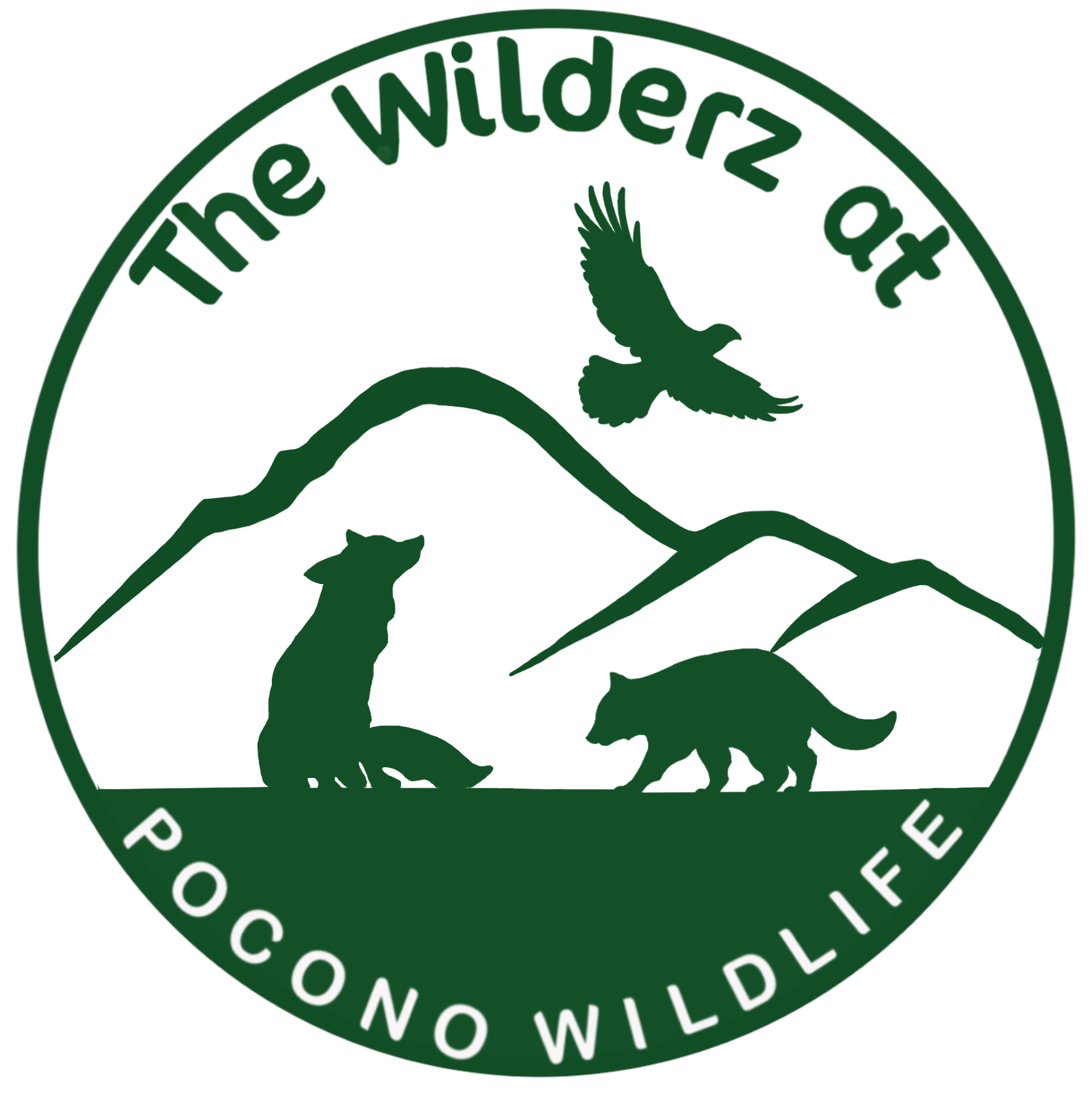As you may have seen on the news or on our Facebook page, there is an outbreak of Highly Pathogenic Avian Influenza/H5N1 (also known as the Bird Flu) in the Northeast Pennsylvania area. HPAI is largely fatal to birds, but has also resulted in deaths of other animals, including cats, foxes and, most recently, a young flamingo and a seal in a Chicago zoo. While this virus has had an impact nationwide, it has been most prevalent in Pennsylvania in the Nazareth/Allentown/Bethlehem area.
While all bird species are susceptible to HPAI, waterfowl – especially migratory birds like Snow Geese and Canada Geese — are especially susceptible and are the primary vector species. The virus is then spread to other birds (especially eagles, raptors, and vultures) as well as mammals (including cats) who eat the diseased birds, or contract the virus through interaction with feces. Within the past two weeks, at our center alone, in addition to waterfowl, we have had a Bald Eagle, a Red Fox, a Great Horned Owl, a Red-Tailed Hawk and an American Crow who have all been admitted and either died or were humanely euthanized as a result of the HPAI virus.
To protect the animals we care for, we are NOT accepting waterfowl at this time. Any birds which are received at the Center, no matter the cause, are quarantined and closely observed for any indication of the virus, as are any mammals displaying neurological symptoms.
To prevent the spread and potential transmission of HPAI to domestic animals and humans, please:
- DO NOT handle any deceased birds you find;
- Avoid bird droppings, especially those of waterfowl, and avoid allowing your animals in areas where such droppings are likely to be (especially large bodies of water);
- Report any sick or deceased waterfowl to the Pennsylvania Game Commission by calling 833-PGC-WILD (833-742-9453) emailing pgc-wildlifehealth@pa.gov or submitting a report on their online portal
- Do not allow domestic poultry to come in contact with wild birds or their droppings – ideally, they should be contained if you reside in a high risk area
- Do not consume yourself or allow pets to consume *raw* milk, eggs, beef, or poultry. Pasteurization and proper cooking practices kill the virus.
- Regularly clean and disinfect bird feeders or completely take them down if you are concerned. Songbirds and other feeder birds, while capable of contracting HPAI, are not considered high risk species at this point in time.
The most common indicator of HPAI in wild birds is the exhibition of neurological symptoms – head bobbing, circling, inability to fly, and general lack of control of their functions. We have noticed that these birds are often in areas where they would not normally be, sometimes far from the rest of a flock, or on the side of the highway.
Per the PA Department of Health, Symptoms of Bird Flu in humans include:
• Coughing
• Headaches
• Sore throat
• Shortness of breath or difficulty breathing
• Eyes tearing, redness, or irritation (conjunctivitis)
• Runny or stuffy nose
• Diarrhea
• Muscle aches
• Pneumonia
• Seizures
• Fever
Below are some helpful links to further resources – stay safe!
- PA State Website: H5N1 Guidelines
- PA Department of Health: Influenza Fact Sheet
- PA Department of Health: Fact Sheet for Wildlife Interaction
- PA Department of Health: Avian Influenza Handout
- PA Game Commission: Avian Influenza Guidelines
- CDC: Virus Transmission Information
- CDC: Response Activity
- AVMA: Guidelines on Influenza in Pets and Backyard Flocks
- PennVet: Avian Influenza Guidelines
- Merck: Information on Influenza in Poultry and Wild Birds






